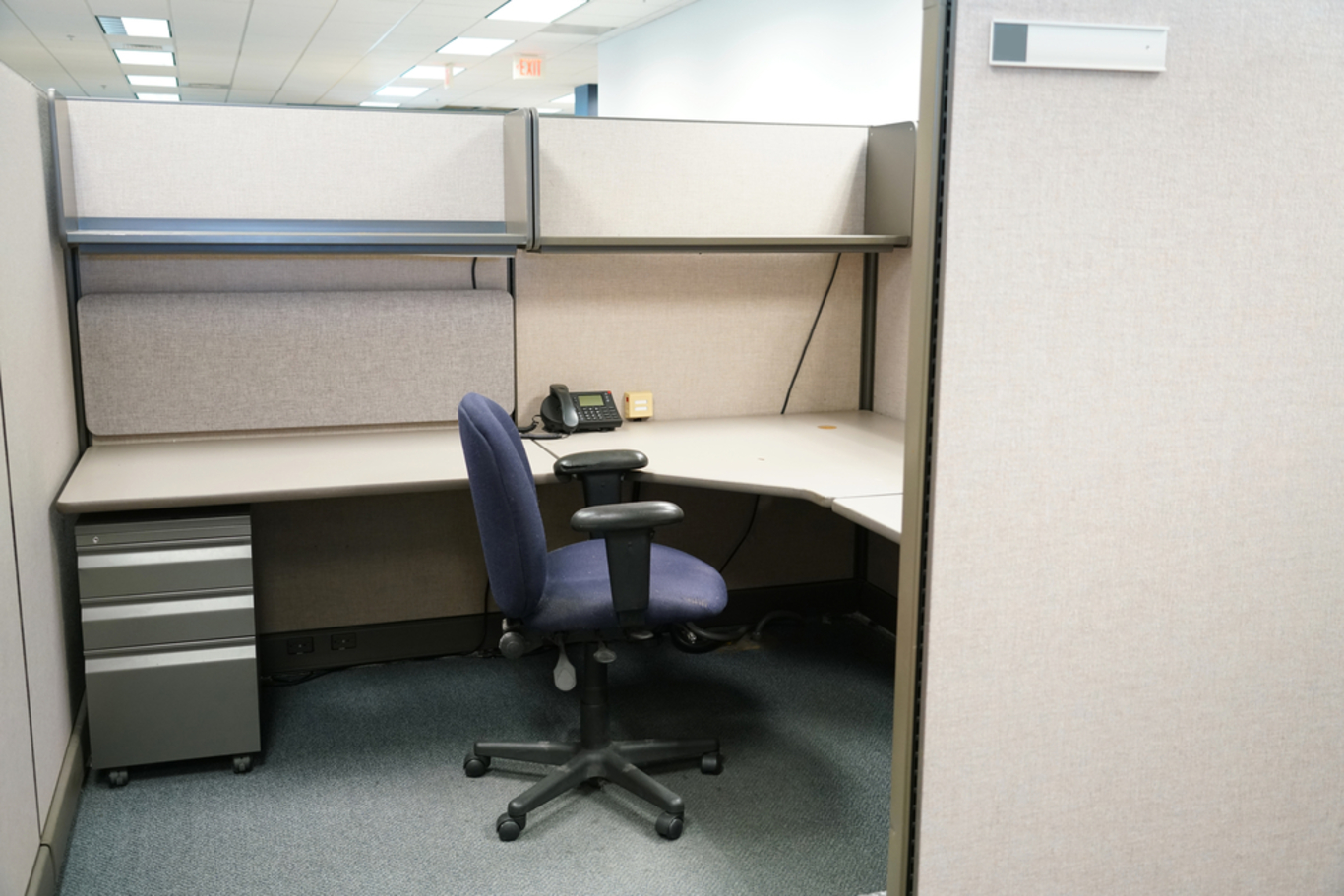As Ireland's talent war rumbles on, the cost of replacing staff has doubled
The average price tag on replacing a worker now stands at €13,100.
AS THE COMPETITION for talent heats up in Ireland, the cost of replacing an employee has doubled since last year.
That’s according to new research from Adare Human Resource Management, which showed that it now costs an average of €13,100 to fill the boots of an employee who leaves the business.
The agency’s new HR barometer, which surveyed 260 organisations that employ a total of 46,000 staff, showed that businesses expect an average staff turnover rate of 11% this year.
Adare Human Resource Management managing director Derek McKay said this has placed “an immense cost burden” on Irish SMEs.
He added that employers should be wary of getting involved in costly salary auctions, which he said may not improve retention trends in the long run.
“Retention initiatives should align to the reasons employees are leaving and investments in them need to be balanced against the cost of hiring new employees to replace those leaving.
“This balance between recruitment and retention is particularly critical in a tighter-than-ever labour market where it is taking large organisations an average of over six weeks to recruit a new employee.”
In recent years, it has become harder for Irish businesses to attract and retain staff. One agency has warned that Ireland is headed for a ”major talent crisis” in the next 12 months.
The country is approaching full employment, which has caused increased competition in the jobs market, while issues like the housing crisis has made it harder to attract staff to Ireland.
Job-hopping has also become popular among the millennial generation, with nearly two-thirds of this age group planning to leave their current jobs within three years.
Barometer
The barometer published also highlighted that four-fifths of the businesses surveyed have increased salaries during 2018.
Similar to the results for 2017, career progression was the main reason workers cited for leaving their employer. However, there has been a significant increase in the number of employees who cited the promise of a bigger salary as the reason for moving on.
“It flies in the face of much of the accepted wisdom in relation to the Generation Y or the millennials who are supposedly more interested in purpose than profit,” said McKay.
McKay still advised SMEs to focus on improving retention through benefits other than salary such as flexible working hours, work-based health perks and investments staff training.





